Global Shipping Industry Braces for Further Cost Increases
The maritime trade landscape has been significantly impacted by the escalating tensions in the Red Sea region, with the Suez Canal Authority reporting a substantial drop in revenues. This development has raised concerns among shipping companies and experts, who anticipate a further increase in shipping costs as a result of the geopolitical instability.
Geopolitical Tensions and Their Impact on Suez Canal
The Suez Canal, a vital artery for global trade, has been facing challenges due to the ongoing geopolitical tensions in the Red Sea. The canal, which connects the Mediterranean Sea to the Red Sea, is a crucial route for oil, natural gas, and other commodities. The recent conflicts have led to a significant reduction in the number of vessels passing through the canal, resulting in a sharp decline in revenues.
Economic Ramifications
The economic implications of this situation are far-reaching. The Suez Canal is not only a significant source of income for Egypt but also a key contributor to global trade. The drop in revenues has put pressure on the Egyptian economy, which relies heavily on the canal for foreign currency earnings. Moreover, the reduced traffic through the canal has led to a ripple effect on global shipping routes, causing delays and increased costs for cargo owners.
Shipping Costs on the Rise
As the situation in the Red Sea continues to unfold, shipping companies are bracing for further increases in costs. The uncertainty in the region has already led to a spike in insurance premiums and fuel costs, which are directly passed on to the consumers. The potential for further disruptions in the Suez Canal could exacerbate these costs, making global trade more expensive and less efficient.
Alternative Routes and Their Drawbacks
In response to the situation, some shipping companies have begun to explore alternative routes, such as circumnavigating the African continent. However, these alternative routes are not without their drawbacks. They are longer, which increases fuel consumption and carbon emissions, and they also add to the transit time, affecting the delivery schedules of goods.
The Role of Diplomacy and International Cooperation
The international community has a vested interest in resolving the tensions in the Red Sea region. Diplomacy and international cooperation are crucial in ensuring the stability of the Suez Canal and the broader maritime trade. Efforts to de-escalate the situation and promote dialogue among the involved parties are essential to mitigate the negative impacts on global trade and the economy.
Long-Term Implications for Global Trade
The long-term implications of the current situation in the Red Sea are significant. If the tensions persist, it could lead to a reconfiguration of global trade routes, with potential shifts in the balance of power and economic influence. The Suez Canal's importance as a trade route could be diminished, and new alliances may form as countries seek to secure alternative routes and resources.
The situation in the Red Sea and its impact on the Suez Canal is a stark reminder of the interconnectedness of global trade and the fragility of supply chains. As the world grapples with the immediate economic and logistical challenges, it is also crucial to address the underlying geopolitical issues to ensure the stability and prosperity of the global economy.
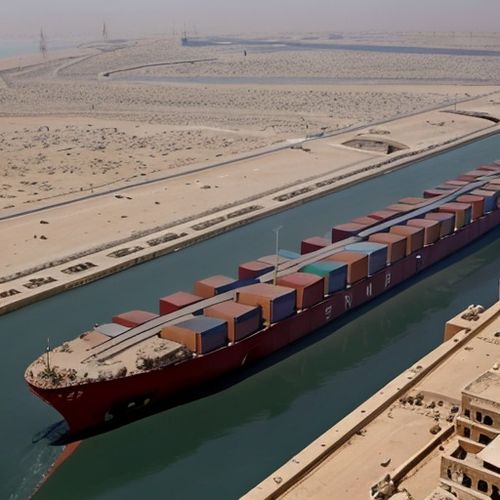
By Sophia Lewis/Apr 5, 2025

By Jessica Lee/Apr 5, 2025
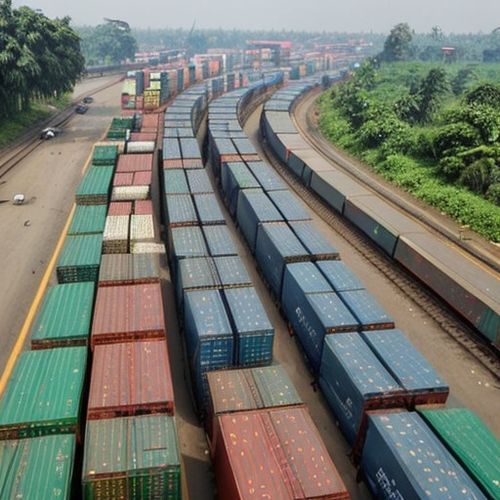
By Emily Johnson/Apr 5, 2025

By Sophia Lewis/Apr 5, 2025
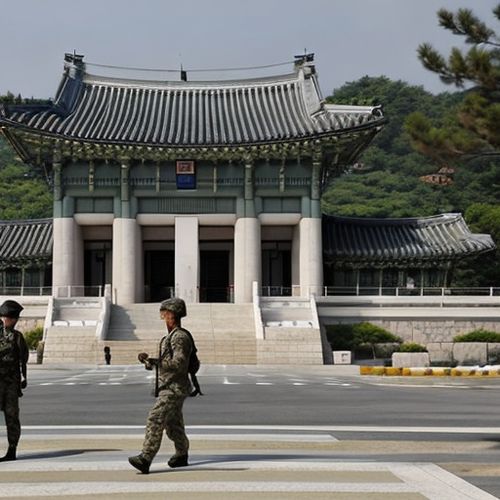
By George Bailey/Apr 5, 2025

By Amanda Phillips/Apr 5, 2025

By Emily Johnson/Apr 5, 2025

By Natalie Campbell/Apr 5, 2025

By Sarah Davis/Apr 5, 2025

By Laura Wilson/Apr 5, 2025
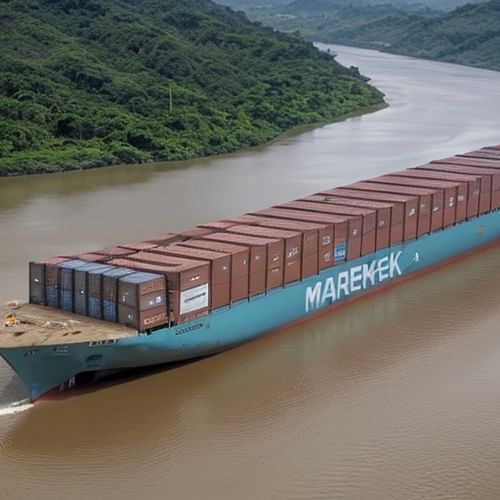
By Samuel Cooper/Apr 5, 2025
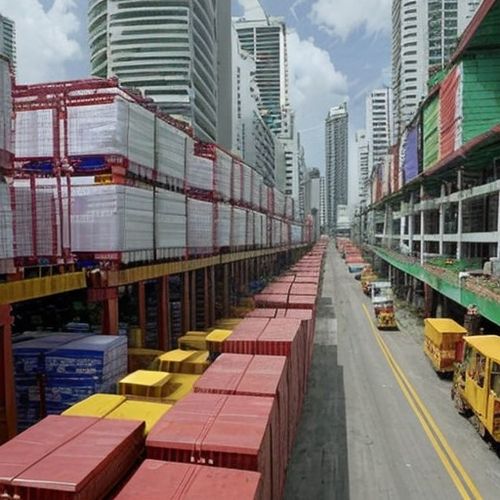
By James Moore/Apr 5, 2025

By Noah Bell/Apr 5, 2025

By Sarah Davis/Apr 5, 2025
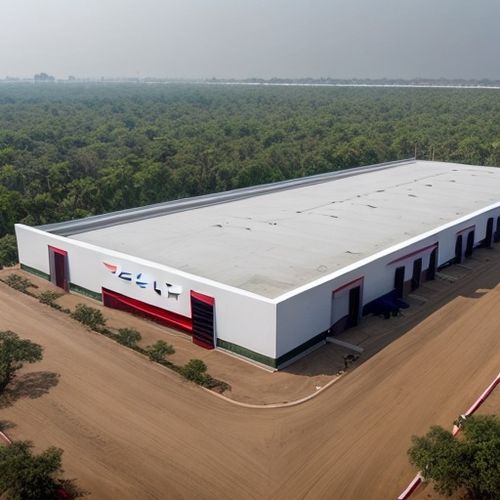
By Ryan Martin/Apr 5, 2025

By Christopher Harris/Apr 5, 2025
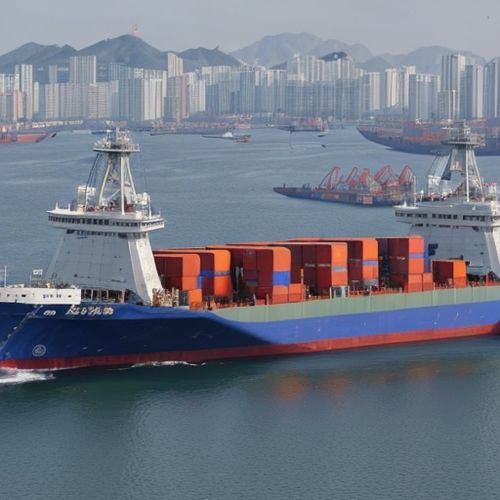
By Noah Bell/Apr 5, 2025

By Thomas Roberts/Apr 5, 2025

By Michael Brown/Apr 5, 2025

By George Bailey/Apr 5, 2025